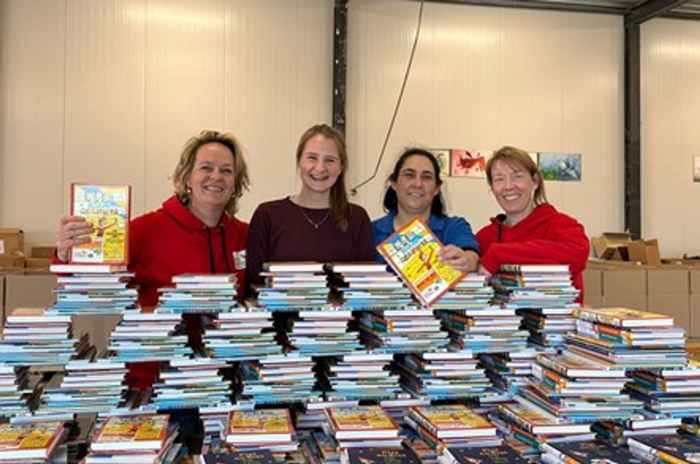In the classroom at Classes!, the elective
21 August 2023
Are the opportunities of children in Dutch education equal? And to what extent is your school performance determined by the place of your cradle? Klassen!, the seven-part documentary series broadcast by HUMAN in 2020/2021 beautifully and at the same time poignantly shows the answer to these questions - because, unfortunately, that is not surprising.
Opportunity inequality dissected
Since 2022, IIS has offered the elective course Classes! in which opportunity inequality in education is dissected and examined on the basis of the documentary. Sociologist Thijs Bol, who teaches the course, has been researching opportunity inequality for years.
"An interdisciplinary approach is indispensable. After all, so many factors play a role in opportunity inequality, even outside of education. What happens at home? Where and how do people live? So housing policy is important, but legal factors also come into play; what can and cannot be addressed within legislation? Inequality is very complex and an integrated approach is very important here."
Looking critically at education
Students Rosa and Joy both took the first edition of the course. "We previously took a course in sociology of education, which gave us our first look at the inequality of opportunity in education. Because we wanted to know more about it and because we found the documentary series on which the course is inspired very interesting, we decided to take Classes! Each episode of the series is linked to different educational sociological theories which you discuss during the lectures."
For these conversations, it is extra valuable that the students have different backgrounds. Thijs Bol: "There are trainee teachers, for example, who look at problems very differently than students who bring Classical Languages as a background. These different perspectives are enormously enriching, sparking discussions and helping to think about solutions in various ways."
Final project with the Children's Scavenger Book Foundation
As their final project, the students will work on previously acquired knowledge by developing a product that reduces opportunity inequality in education. Rosa and Joy are setting up a collaboration between several food banks and the Children's Scavenger Book Foundation, an organization that encourages children to read in order to reduce the likelihood of a language deficiency.
"The food bank is a distribution point for Children's Scavenger Books. Its purpose is to encourage parents of lower-income families to read to their children. This, after all, reduces the likelihood of a language deficiency. Children receive a Children’s Scavenger Book through their food package, which they can exchange after reading at one of the Children’s Scavenger Book Stations in the Netherlands. The books given out by the food bank come with a flyer that informs parents about the benefits of reading aloud. This creates a read-aloud cycle and we hope to encourage a positive attitude toward reading."
